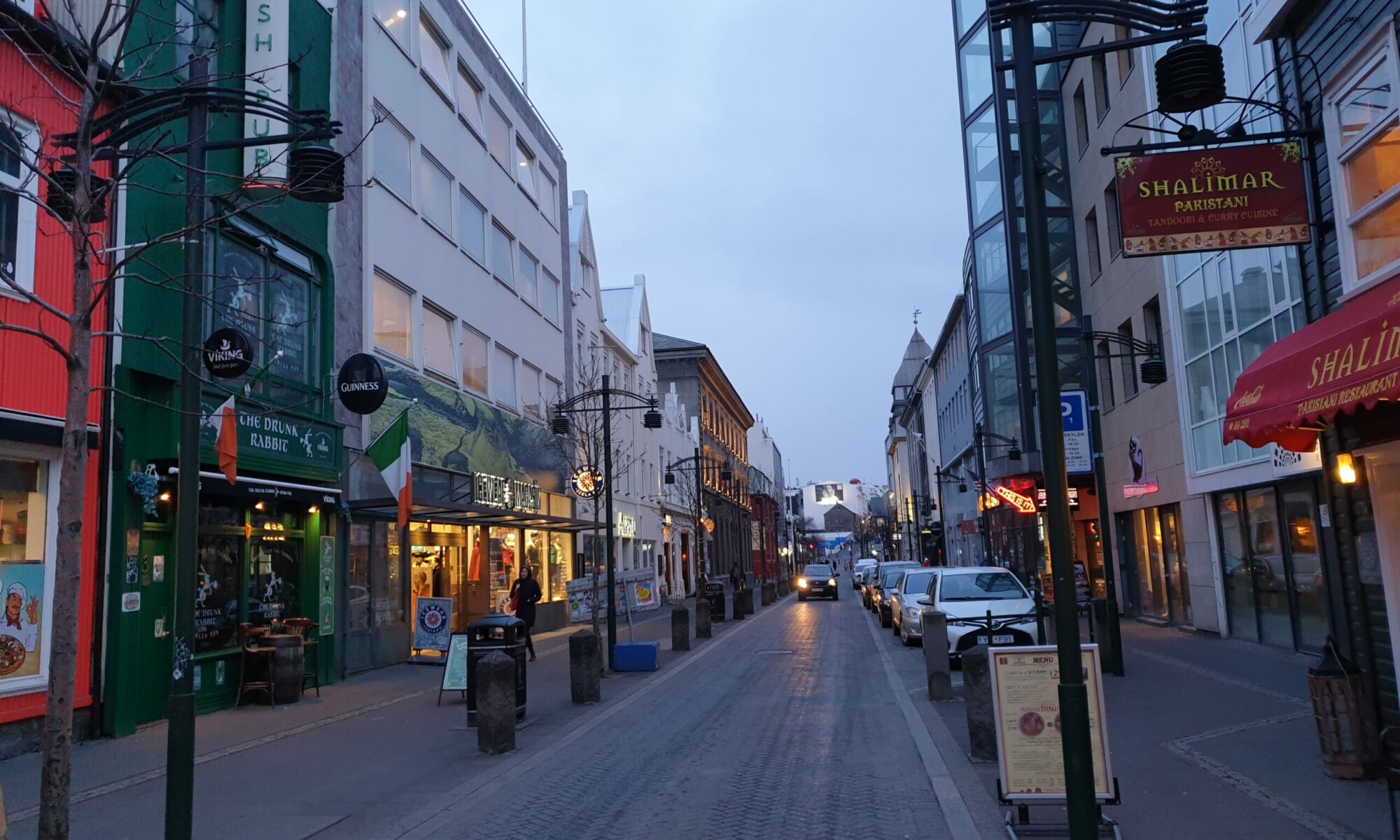VZCZCXYZ0001
PP RUEHWEB
DE RUEHRK #0119/01 0931800
ZNY CCCCC ZZH
P 031800Z APR 06
FM AMEMBASSY REYKJAVIK
TO RUEHC/SECSTATE WASHDC PRIORITY 2679
INFO RUEHNY/AMEMBASSY OSLO PRIORITY 0226
RUEHNO/USMISSION USNATO PRIORITY 0201
RUEKJCS/SECDEF WASHDC PRIORITY
RHEHNSC/NSC WASHDC PRIORITY
RUEAHLC/HOMELAND SECURITY CENTER WASHDC PRIORITY
C O N F I D E N T I A L REYKJAVIK 000119
SIPDIS
SIPDIS
OSLO FOR DATT
E.O. 12958: DECL: 04/02/2016
TAGS: PGOV PREL MARR PINR IC
SUBJECT: ICELAND: COAST GUARD DIRECTOR SHUT OUT OF
POST-NASKEF PLANNING
REF: REYKJAVIK 118
Classified By: AMBASSADOR CAROL VAN VOORST, REASONS 1.4 (B AND D).
¶1. (C) Summary: In informal conversation 3/31 Icelandic
Ministry of Justice Deputy Permanent Secretary disclosed to
Embassy that Coast Guard Director Georg Larusson has lost the
confidence of Minister of Justice Bjarnason because he is not
seen as a team player. This explains why decisions about
search and rescue (SAR) provisions to follow on from the
planned departure of the 56th RQS from Naval Air Station
Keflavik (NASKEF) are being handled in Bjarnason’s private
office, which has hired a consultant to vet helicopter sales
offers, with the ICG largely cut out of the action. Embassy
advises U.S. officials for now to work directly with
Icelandic Justice Ministry officials on Coast Guard issues as
Larusson’s tenure appears increasingly troubled. End summary.
¶2. (C) On the margins of the March 31 bilateral defense talks
(reftel), poloff discussed with Iceland Ministry of Justice
and Ecclesiastical Affairs Deputy Permanent Secretary Stefan
Eiriksson (strictly protect) the ministry’s planning for
near-term replacement of the SAR assets Iceland will lose
when the 56th RQS departs Iceland shortly as part of NASKEF
downsizing.. Eiriksson, a 36-year-old lawyer, is also his
ministry’s head of police and judicial affairs, in which role
he has oversight of the Iceland Coast Guard (ICG). Poloff
inquired into how Eiriksson’s boss, Justice Minister Bjorn
Bjarnason, has given him only until Easter to come up with an
interim plan. Asked if he was working all hours or felt he
had things under control, Eiriksson answered, „A bit of
both.“ He explained that the Ministry had contracted for the
services of a 72-year-old former Icelandair Director of
Operations and Chairman of the Association of European
Airlines Committee on Technology and Operations, engineer
Leifur Magnusson, to evaluate the sales offers that have been
pouring into the Ministry from helicopter manufacturers
(note: including Sikorsky; end note). Magnusson contributed
much-needed technical expertise to Ministry deliberations.
¶3. (C) Poloff asked why the decision-making on SAR assets was
being handled in this way by Ministry principals rather than
delegated to the presumed subject-matter experts at the ICG.
Eiriksson confided that Bjarnason is fed up with leaks and
public complaints from the ICG and is tempted to privatize
some of its functions. Icelandic law enforcement functions
that have been partially privatized, such as the call center
service on the country’s 112 (equivalent to U.S. 911) line,
have worked well, Eiriksson observed. The contractors seem
happy to have the work and get on with their job without any
whining. In contrast, ICG officials are frequently heard in
the press complaining that they do not have enough resources
properly to carry out their responsibilities — thus creating
a public relations headache for the Minister.
¶4. (C) Poloff then asked why, indeed, the ICG found itself in
the position of making public pleas for greater funding. ICG
Director Larusson, in the job since January 2005 following a
successful stint as Immigration Director (also under the
Justice Ministry) was believed to be Bjarnason’s personal
pick for his job, as someone who understood 21st-century
security challenges and shared Bjarnason’s hard line on law
enforcement. Eiriksson offered that Larusson’s management of
the ICG has been somewhat of a disappointment. Unlike the
National Commissioner of Police (NCP), for example, Larusson
has not been willing to make tough choices about where to use
the resources he has been given. Larusson will get more
resources when he has demonstrated the capacity effectively
to husband what he has — and not before, Eiriksson declared.
¶5. (C) Comment: While the motivation for Eiriksson’s
surprising candor is unclear, the accuracy of what he said
appears to be supported by recent observations of Larusson
and his top policy deputy, Commander Asgrimur Asgrimsson
(note: a U.S. Coast Guard Academy graduate; end note). At a
meeting with U.S. Coast Guard Commandant Thomas Collins March
28 that Eiriksson also attended, Larusson seemed unusually
taciturn and distracted. Asgrimsson pointedly asked Collins
whether the USCG saw any advantage in privatizing some rescue
services and visibly welcomed the Commandant’s answer that he
did not. He afterwards complained to poloff that the people
making decisions for the ICG these days were not consulting
with the professionals there, resulting in lowered morale at
the organization. Under the circumstances, potential U.S.
interlocutors may be wise to route their proposals for ICG
reforms through Eiriksson, whose political star seems to be
on the rise — or at least not imploding. End comment.
van Voorst
